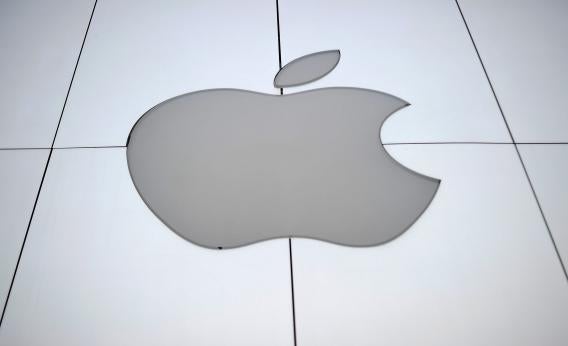Apple has no problem getting Chinese consumers to desire its products, as a near-riot outside its Beijing store showed in January. But the U.S. tech giant has been beset by problems. As well as a rolling trademark battle, which has resulted in iPads being taken off the shelves in some cities, Apple’s market share is slipping, and the factory conditions at some of its Chinese partners are being questioned. It needs a new strategy.
Despite strong demand, Apple has so far held the Middle Kingdom at arm’s length. One in eight dollars of Apple’s revenue came from China in its fiscal 2011, yet only five of its 300 stores globally are there. That leaves room for rivals to grow. Apple’s smartphone market share in China was 7.5 percent by the end of 2011, down from 10.4 percent in the third quarter.
Step one should be to distribute more cleverly. The six-month delay in making the iPhone 4S available to its Chinese customers after the U.S. release looks too long. Yet instead of adding channels, Apple is pulling its tablets from unauthorised merchants including Amazon.com’s Chinese site. It halted iPhone 4S sales after overwhelming demand.
Striking a deal with China Mobile, the country’s biggest mobile carrier, would help. It currently relies on China Unicom, which reaches just 10 percent of mobile users. If the iPhone could reach a third of China Mobile’s existing 120 million high-paying customers, it could boost projected earnings per share by up to a quarter in 2013, according to Morgan Stanley.
Tighter control of suppliers is another must. Not owning any factories in its most important manufacturing base has left it vulnerable to criticism over working conditions – particularly at its biggest supplier, Foxconn. The Fair Labor Association said it has uncovered “tons of issues” at the manufacturer’s plants.
Apple could do worse than buy a stake in Foxconn, dipping into its $98 billion cash pile. It has enough funds to buy Foxconn’s parent, Hon Hai Precision, three times over. For Apple, which doesn’t normally own its suppliers, it would be a departure. But doing so would ensure it has a bigger say over its supply chain. Without some new thinking, Apple is unlikely to realise China’s vast potential.
Read more at Reuters Breakingviews
